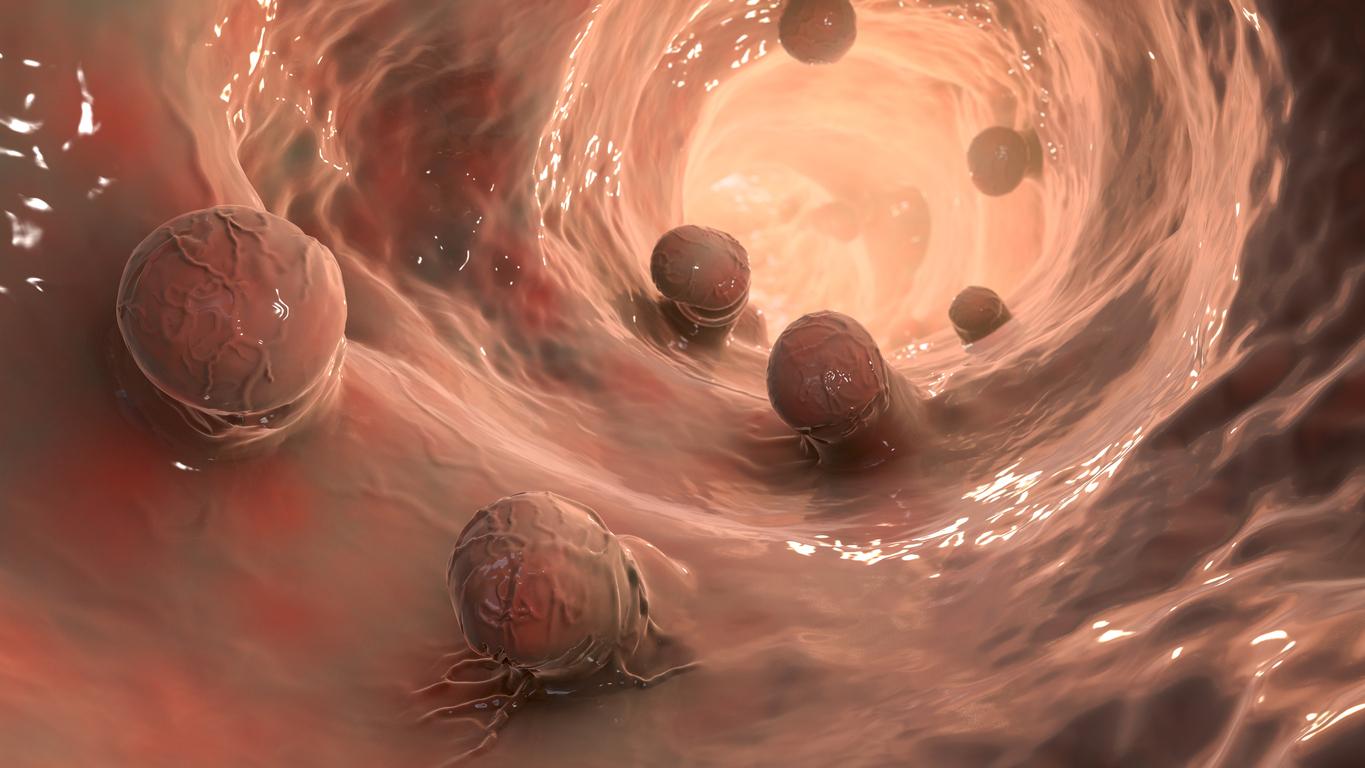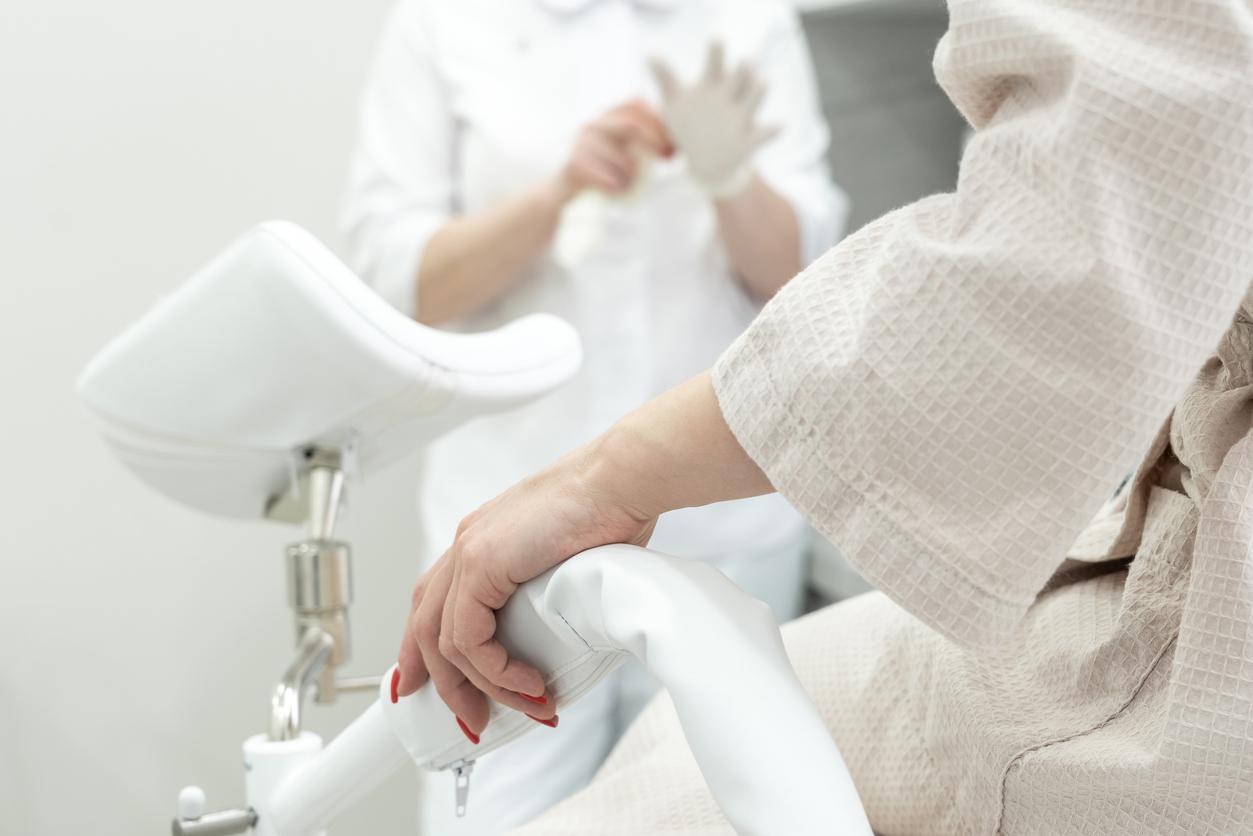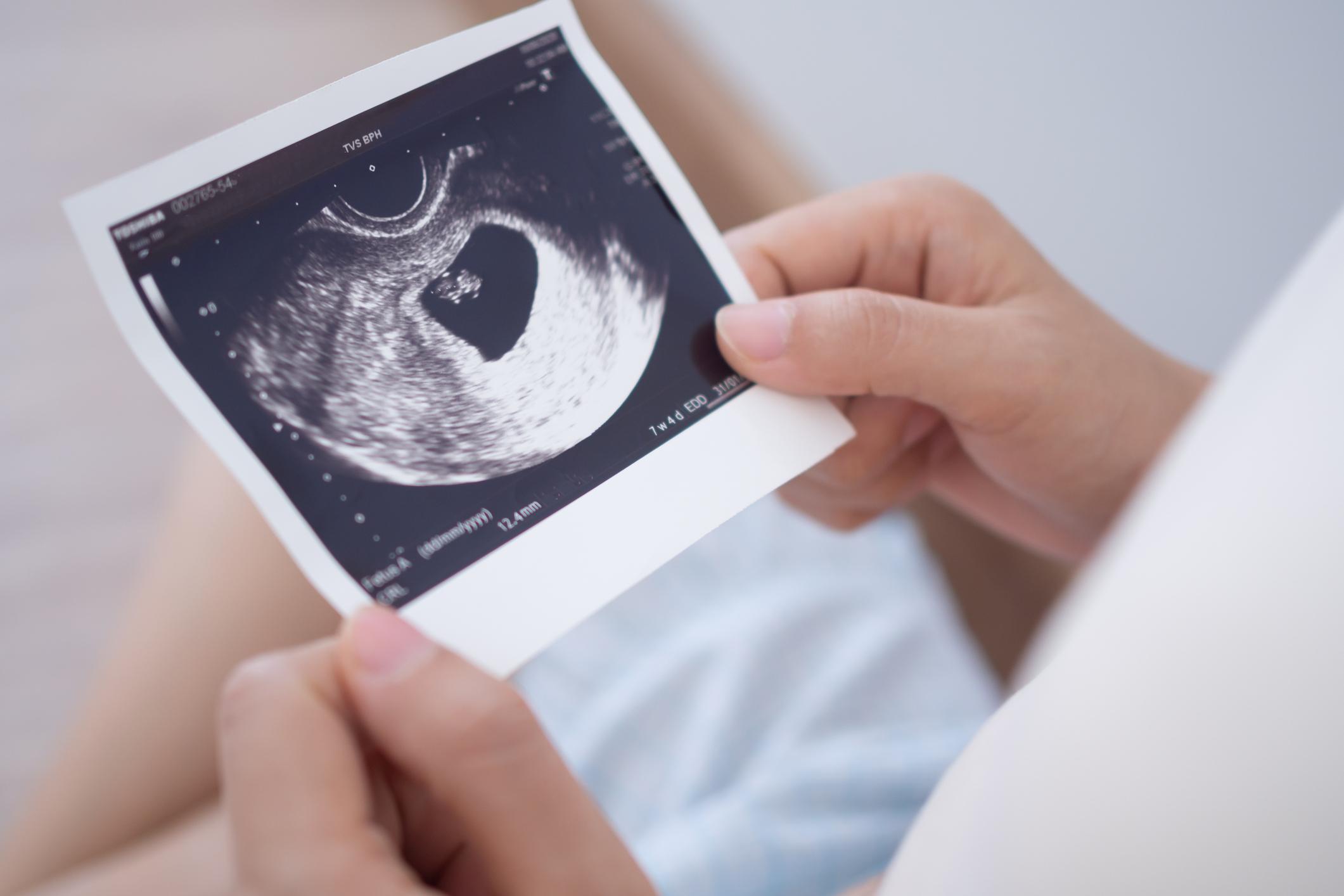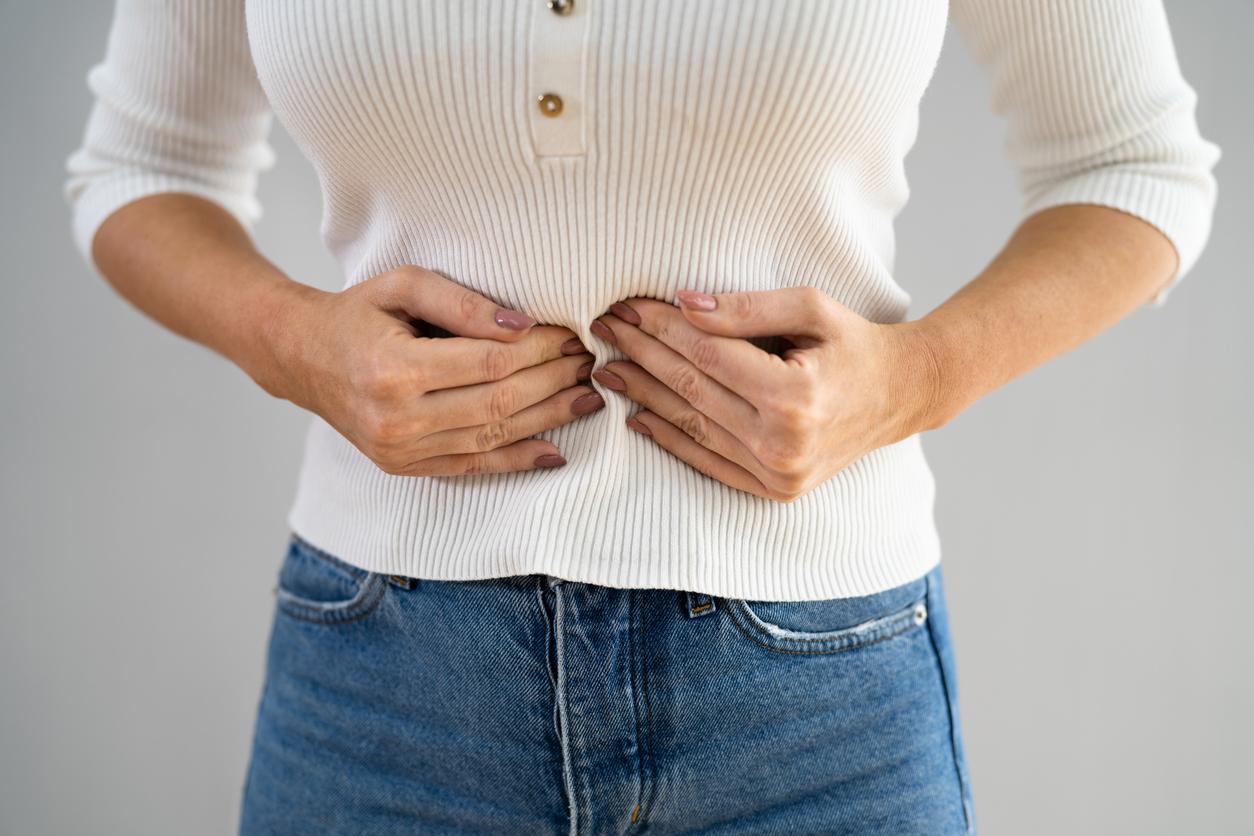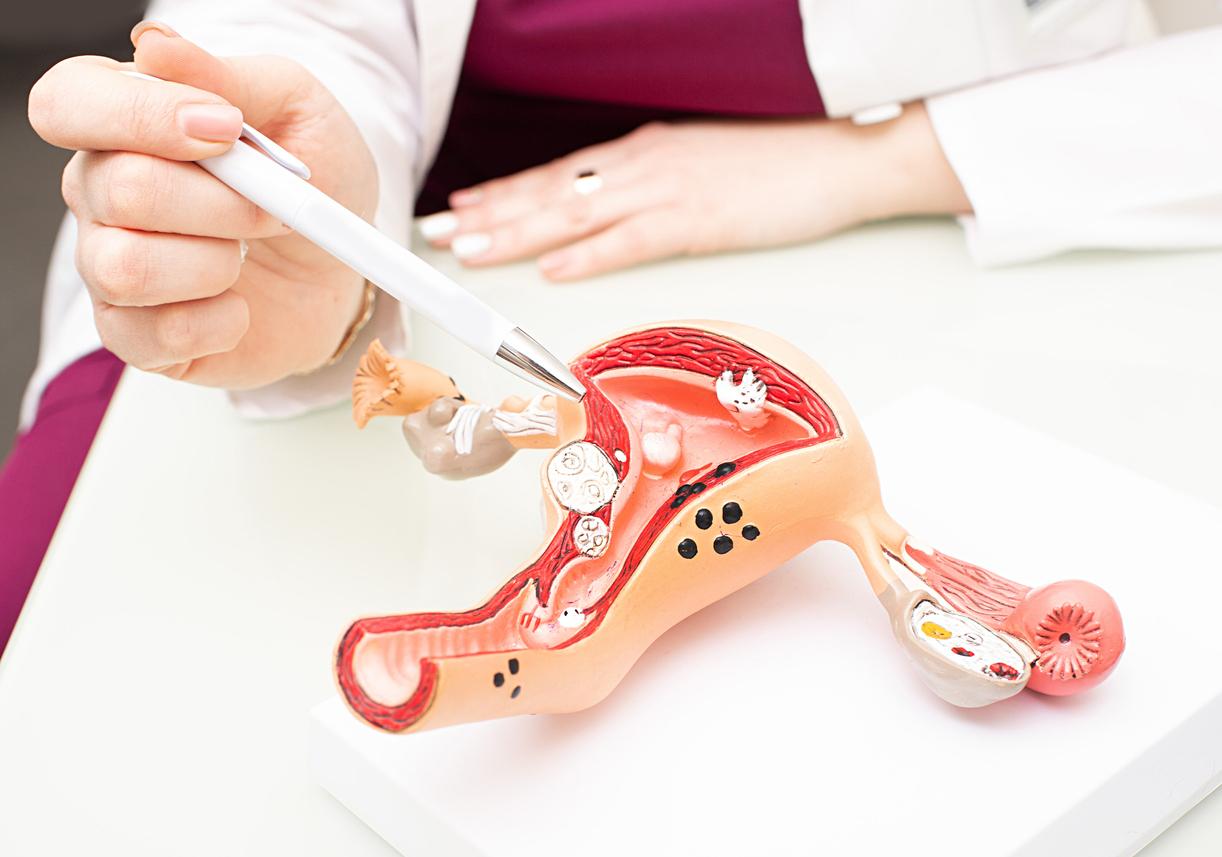
Most polyps are benign
Polyps are swellings of the mucous membrane. They range in size from a pin knot to a golf ball of several centimeters. What can be done about it?
Are uterine polyps common?
“If you examined all adult women, you would find polyps in one in ten, painless bulges of the endometrium. In women with abnormal blood loss, that number is about one in five. In women with postmenopausal bleeding, that number is still slightly higher. higher.”
How do they look like?
“A uterine polyp is on the inside of the uterus. Polyps vary in size from a pinhead to a golf ball. Polyps can also develop in the cervix, but that happens much less often after the menopause.”
Is a polyp the same as a fibroid?
“No. They look similar in appearance, but it is really something different. A fibroid consists of muscle tissue, while a polyp consists of mucosal tissue.”
How do they arise?
“We suspect it has to do with hormones; we don’t know for sure.”
What kind of complaints do they give?
“Often none at all. Sometimes women suffer from blood loss. Serious blood loss can cause anemia.”
Can they hurt?
“In most cases, uterine polyps are benign. For a long time we thought that the blood loss would stop when you remove them. However, research has not shown that. Then you might as well leave them in place, you would think. The problem is that after the menopause there is a small chance, about 6 to 8 percent, that they will develop into uterine cancer. That is why we always look for the cause of blood loss after the menopause. If polyps are found, we always remove them. The tissue is tested in the lab for malignant cells.”
Once gone is gone forever?
“Not always. Sometimes they come back, whether or not in the same place. Research is being done to see whether the method of removal – for example just cutting away or burning tissue at the same time – reduces the chance of their return.”
When should you call the doctor?
“If you start to lose blood again more than a year after your last menstrual period, the GP can refer you to a gynaecologist.”
This article was produced in collaboration with gynecologist Dr Anne Timmermans, who works at the AMC Amsterdam and Bergman Clinics Women’s Care Amsterdam, for her PhD research into polyps in the menopause.
Sources):
- Plus Magazine







